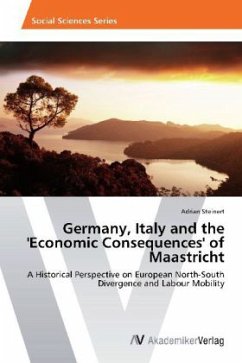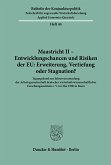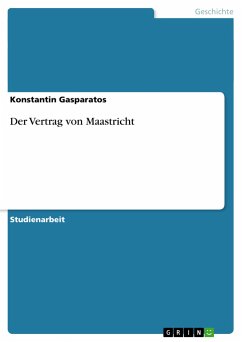As a result of the Maastricht Treaty, North and South Europe share with each other the single market with the free movement of capital, labour, goods and services, and the single currency. The current situation, where the European South (Greece, Italy, Portugal and Spain) is much more affected by the consequences of the economic and sovereign debt crisis than the European North (Austria, Finland, Germany, Netherlands) points at the issue of divergence within a common currency framework. Economic dualism can be present as much within a country as between countries. It is demonstrated by historically evolved regional divides in Belgium, Germany, Italy, Spain or the United Kingdom. By taking Germany and Italy as case studies, this book is about European convergence and divergence from the point of view of comparative economic history. Based on a simple model of intra-regional divergence, in which labour mobility plays a key role, the development record of Eastern Germany after reunification and the Mezzogiorno since the 1950s will be compared. Their historical experiences could provide important insights into current trends within the eurozone.








